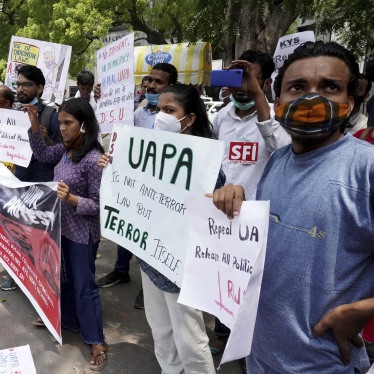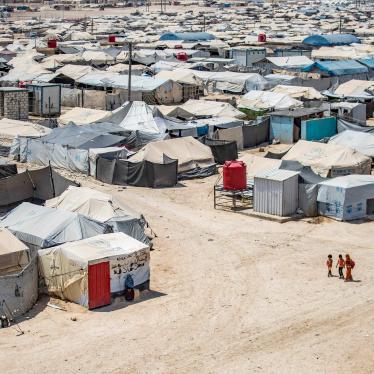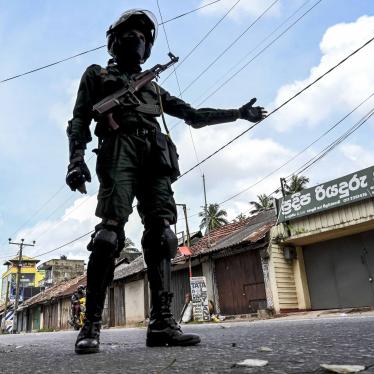At least 29 children were among the more than 70 people killed in the bombing at Lahore’s Gulshan-i-Iqbal park on Easter Sunday. Most of the 148 fatalities on December 16, 2014, when gunmen targeted the Army Public School in Peshawar, were children, too. Often numbed by incessant brutality, many in Pakistan erupted in rage over the killing of its children.
These and numerous other attacks targeting religious minorities, or just ordinary people in markets and mosques, have killed and wounded thousands of Pakistanis. Various militant groups, some of them factions of the Pakistani Taliban, have taken responsibility for the attacks. “It was our people who attacked the Christians in Lahore, celebrating Easter,” Ehsanullah Ehsan of the Jamaat ul-Ahrar declared, after the March 27, 2016 suicide bombing, warning that they “will carry out such attacks again.”
Many of the groups operating in Pakistan were originally armed, trained, and nurtured by the military establishment. A process that began with United States and Saudi assistance during the Cold War was later adopted as Pakistani military policy to create strategic depth for covert operations in India and Afghanistan. Some of these groups became affiliated with global networks like Al Qaeda. These militants, despite their deadly, indiscriminate attacks, sectarian atrocities and other human rights abuses, often received protection and safe haven in Pakistan. Until they started targeting Pakistanis.
The Pakistan government is now attempting to put the genie back in the bottle – but at the cost of Pakistanis’ human rights. After the Peshawar school attack, Pakistan announced a national action plan to fight terrorism, including tactics that violated basic freedoms. Terrorism cases would be heard in military courts instead of in the civilian justice system. An unofficial moratorium on the death penalty was ended and more than 300 death-row prisoners were executed. Right after the Lahore attack, the government detained about 200 people as “suspect terrorists and their facilitators,” apparently without charge. It considered deploying the Pakistan Rangers, even though the paramilitary has been repeatedly accused of serious abuses, including extrajudicial executions in Karachi.
Instead of discarding respect for rights in times of turmoil, Pakistan needs to make human rights a priority, both at home and in its dealings abroad. That entails responding to terrible attacks with a strong commitment to the rule of law.
Pakistan needs to do all it can to keep its children safe. But it should also ensure that its children inherit a rights-respecting Pakistan.










